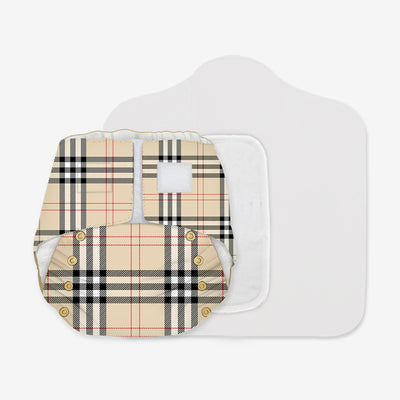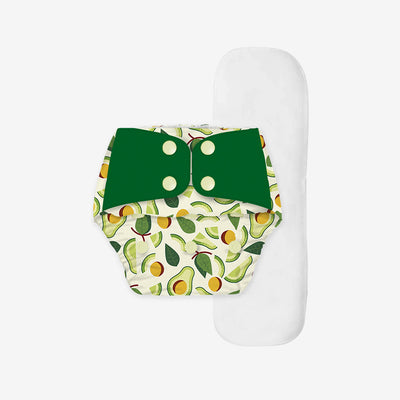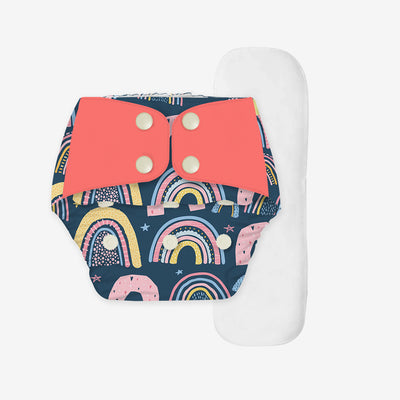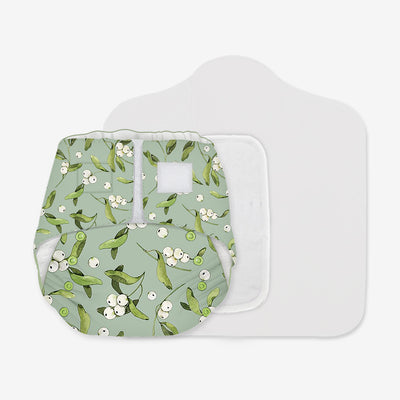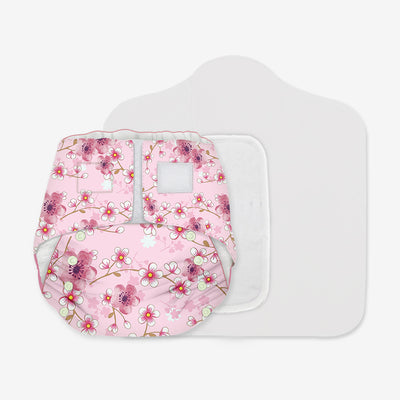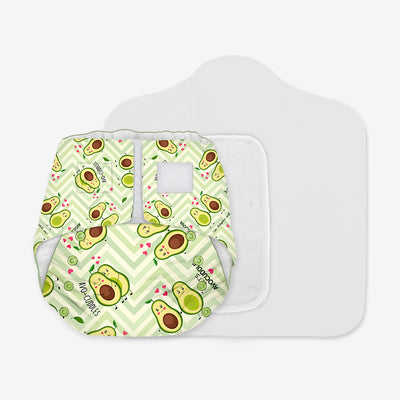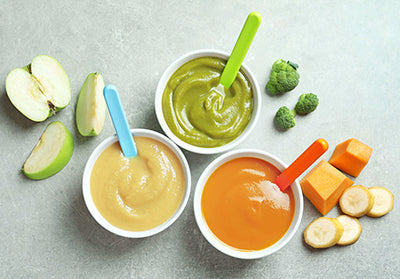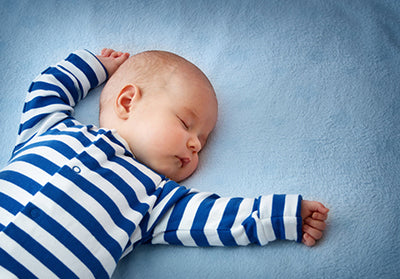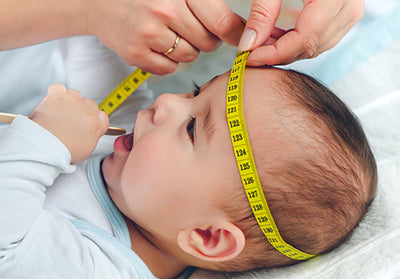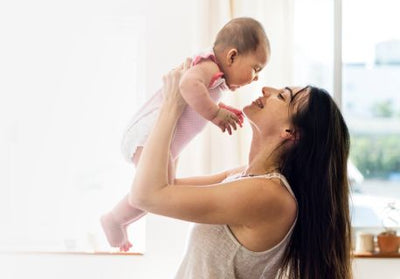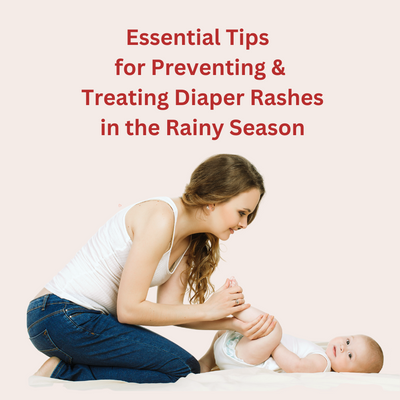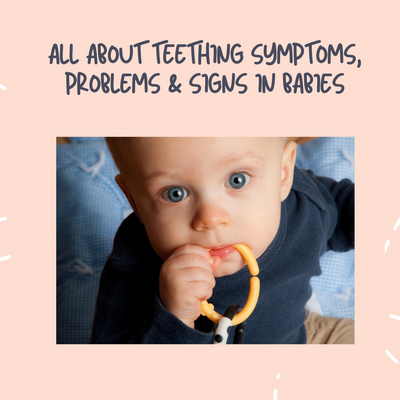Newborn Hiccups- Cause , Prevention and What not to do

Newborn Hiccups- Cause , Prevention and What not to do
Does your baby have hiccups at night? even though newborn hiccups are usually harmless, it's normal for new parents to want to help ease their discomfort. This article will cover useful techniques for relieving the baby's hiccups and providing comfort to both of you. We'll go over tried-and-true strategies that have assisted many parents in overcoming newborn hiccups, from gentle burping techniques to modifying feeding positions. We'll also debunk frequent misconceptions about hiccups and offer helpful advice on how to avoid them altogether. Although newborn hiccups can be confusing for new parents, you can help your child find relief and get uninterrupted sleep by arming yourself with the right information and calming techniques.
What causes newborn hiccups?
Hiccups in newborns are common and usually not harmful. They give rise to the distinctive "hic" sound when the diaphragm contracts wildly, causing a sharp intake of air that is suddenly blocked by the vocal cords. A number of things, including overfeeding, swallowing air during feedings, and abrupt temperature changes, can cause hiccups in infants. Though usually harmless, persistent hiccups could be a sign of a more serious problem, so it's best to see a pediatrician if you have any concerns. By providing a comfortable environment, using appropriate feeding techniques, and burping the baby, parents can help reduce hiccups.
How long do newborn hiccups last?
The duration of newborn hiccups is usually brief, lasting anywhere from a few minutes to roughly ten minutes. These brief incidents are typically harmless and occur as the baby's diaphragm and reflexes develop normally. Infants frequently have hiccups during times of excitement or right after feeding. A calm environment, gentle burping, or feeding technique adjustments can all help parents relieve hiccups that last a long time or seem bothersome to the baby.
How To Get Rid of Newborn Hiccups
Burping: To release trapped air, gently burp your baby after feeding.
Feeding Position: To reduce air intake, hold your infant more upright while they are being fed.
Using a Pacifier: Putting your infant to sleep with a pacifier can occasionally ease hiccups.
Give Small Feeds: To lower the risk of hiccups, give smaller, more frequent feeds rather than overfeeding.
Comfortable Environment: To reduce stress, which can cause hiccups, make sure the area is serene and cozy.
Modify Feeding Method: Make sure your infant is latching and swallowing correctly by examining and modifying your feeding technique.
How To Stop Baby Hiccups in Breastfed Newborns.
Burping Method: Throughout and after breastfeeding sessions, give your baby lots of burps. You should pat their back gently to release any trapped air.
Position of Feeding: Continue to eat in the correct posture. To reduce the amount of air your baby takes in while breastfeeding, make sure they are latched correctly.
Regulate the Feeding Pace: Limit the speed at which you breastfeed to prevent swallowing air too quickly. Permit your infant to eat at a steady and comfortable pace.
Regular but Diminished Meals: Choose smaller, more frequent feedings to avoid packing your baby's stomach too full and to lessen the chance of hiccups.
Make Use of a Pacifier: After nursing, giving your baby a pacifier can occasionally help with breathing regulation and lower the risk of hiccups.
Avoid Overstimulation: To reduce stress and overstimulation, which can lead to hiccups, create a peaceful and quiet environment while feeding.
Monitor Feeding Time: Be mindful of the duration of breastfeeding sessions. Prolonged sessions may lead to increased air intake, contributing to hiccups.
Babies hiccups: what not to do
Avoid Overreacting: Resist the urge to overreact or panic when your baby experiences hiccups. Occasional hiccups are normal and usually not a cause for concern.
Don't Interrupt Feeding Abruptly: While feeding, avoid abruptly stopping or taking the bottle away when hiccups occur. This may disrupt the feeding process and cause unnecessary stress.
Do Not Use Unsafe Remedies: Refrain from using unproven remedies or medications without consulting your pediatrician. Some traditional remedies may not be safe for infants.
Don't Skip Burping: Avoid skipping the burping process during and after feedings. Burping helps release trapped air and reduces the likelihood of hiccups. Skipping this step may contribute to more frequent hiccups.

